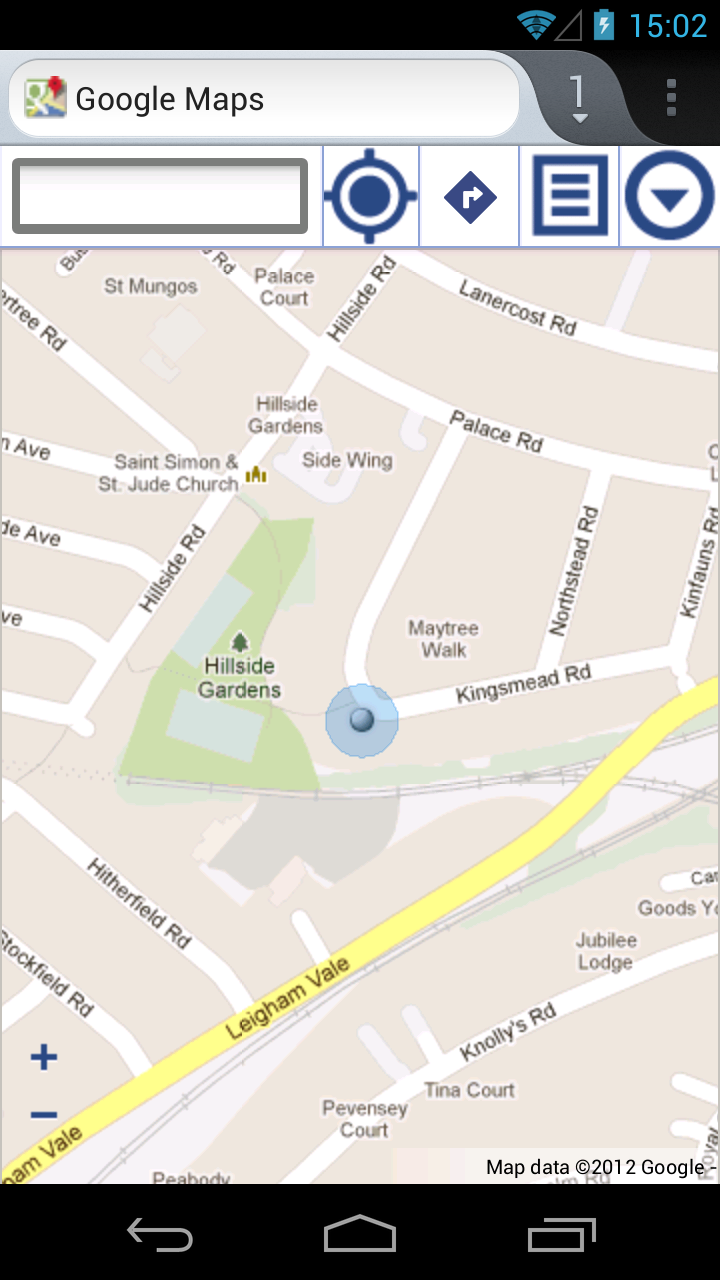A user agent is a computer program representing a person, for example, a browser in a Web context.
- Mozilla browser gets released, with User-Agent Mozilla/1.0 (Win3.1). It is publicly renamed to Netscape, but in its User-Agent it keeps its original name. Internet Explorer is released.
- Before migrating to the Chromium code base, Opera was the most widely used web browser that did not have the User-Agent string with 'Mozilla' (instead beginning it with 'Opera'). Since July 15, 2013, 7 Opera's User-Agent string begins with 'Mozilla/5.0' and, to avoid encountering legacy server rules, no longer includes the word 'Opera.
- Click Develop User Agent and select the user agent you want to use in the list. If the user agent you want to use isn’t shown here, select “Other” and you can provide a custom user agent. You can find extensive lists of user agents on various websites, such as this one. This option only applies to the current tab.

Besides a browser, a user agent could be a bot scraping webpages, a download manager, or another app accessing the Web. Along with each request they make to the server, browsers include a self-identifying User-AgentHTTP header called a user agent (UA) string. This string often identifies the browser, its version number, and its host operating system.
User-agent:mozilla/5.0 (windows Nt 10.0
Spam bots, download managers, and some browsers often send a fake UA string to announce themselves as a different client. This is known as user agent spoofing.
Hola Free
Standard user agent string: Mozilla/5.0 (Windows NT 10.0; WOW64; Trident/7.0; rv:11.0) like Gecko In compatibility view: Mozilla/4.0 (compatible; MSIE 7.0; Windows NT 10.0; WOW64; Trident/8.0;.NET4.0C;.NET4.0E) This is in build 10240 (launch day build.) I'm not sure why the Trident version got bumped up to 8 in compatibility view but not outside of it.
The user agent string can be accessed with JavaScript on the client side using the NavigatorID.userAgent property.
A typical user agent string looks like this: 'Mozilla/5.0 (X11; Ubuntu; Linux x86_64; rv:35.0) Gecko/20100101 Firefox/35.0'.
User-agent: Mozilla/5.0
Learn more
General knowledge
- User agent on Wikipedia
User Agent Switcher
Technical reference
- RFC 2616: 14.43: The
User-Agentheader
